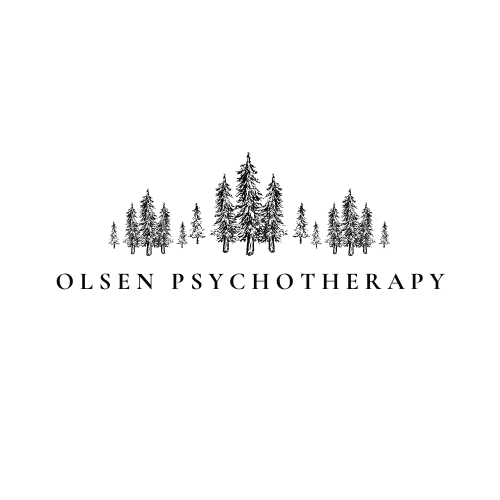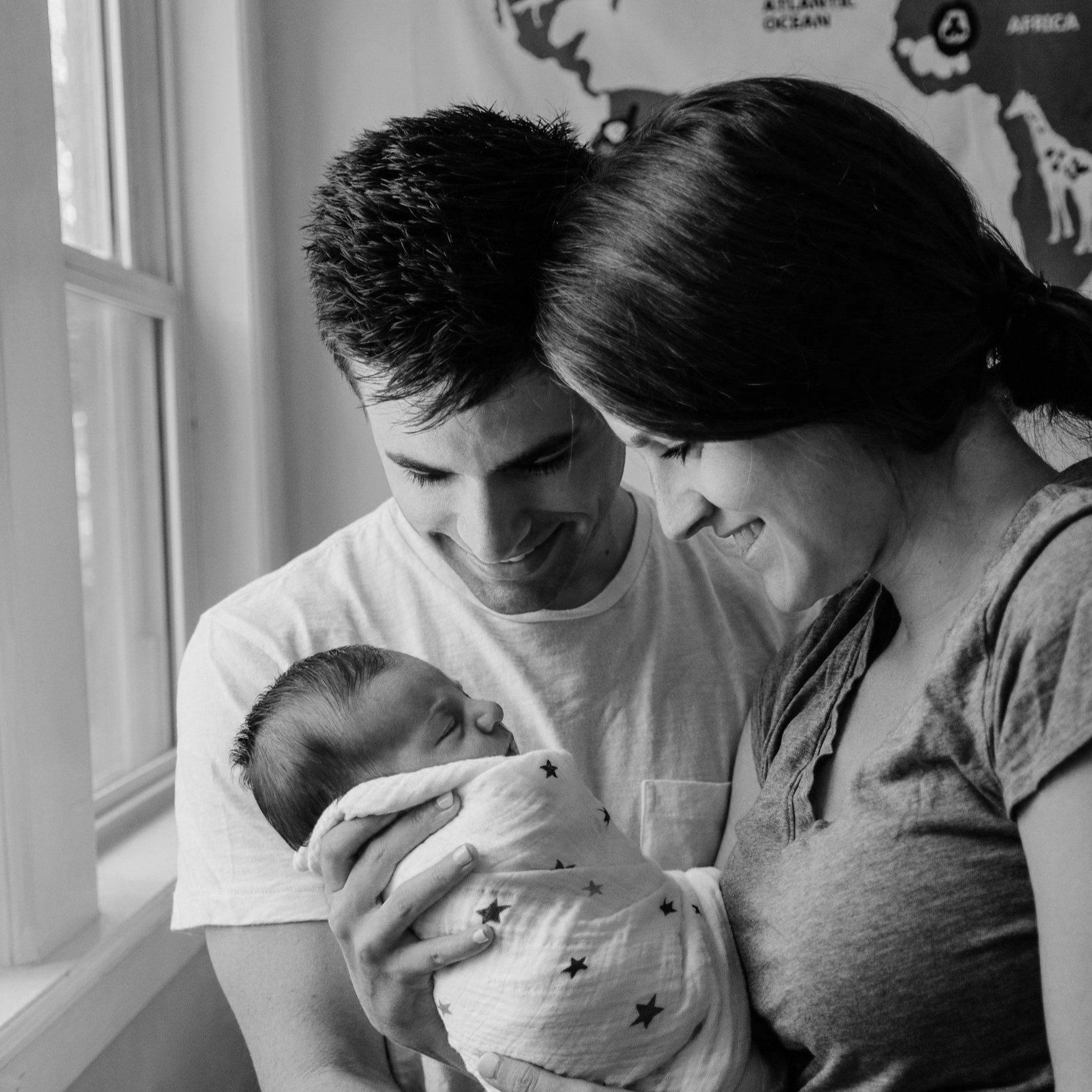Couples Therapy
Online for Ontario or in-person Thunder Bay
Your partner wants to be closer to you.
You find yourself pulling away.
When you talk together you end up shutting down, like you hit a wall.
Like nothing you can say will be right or you can’t express what they’re asking for, like it’s not even in your vocabulary.
First and foremost, all long-term relationships and marriages struggle at some point.
We are individuals who have our own separate lives and experiences.
As individuals we come together to make our relationship.
Our relationship is unique to the two of us.
But because we evolve and change as individuals, so too does our relationship.
Unfortunately, during the transition from who I am to who I am becoming, our relationship can get stuck on some bumps.
Life transitions that cause those relationship bumps can be about becoming parents, loss of a loved one, career change, new goals, or mental health struggles for example.
So the big question is:
Should we go to couples therapy?
Some people are hesitant to try couples therapy if something in the relationship is not completely broken down. In other words, the couple might wait until the building is on fire before trying to hose it down.
Certainly, couples therapy is a good option if the relationship building is on fire, but that is not the only time. Even if your relationship is not on the cusp of break-up, there may be things cropping up that are not working well for the relationship or marriage.
Signs you may benefit from couples therapy:
Defensiveness - You start protecting yourself in ways that make a healthy conversation with your spouse almost impossible. This might look like,
Minimising: “It’s not that bad”
Denial: “I didn’t say/do that”
Blame: “Yeah, but you [insert their behaviour]”
No repair - You have a fight or disagreement with your spouse, but there is no resolution. You never come back to the conversation to make things right again.
Walking on eggshells - You start to avoid each other in the relationship for fear of what would happen if you did talk.
Lack of emotional or physical intimacy - Closeness and connection is severed. One or both of you is distant, and attempts to re-engage are unsuccessful.
Resentment - Something feels unfair. This may be something your spouse has said or done, or the overall state of your relationship. You have this emotional weight you are carrying around that makes it challenging to ‘give’ in the relationship.
Criticism - You feel attacked and like your spouse doesn’t give you the benefit of the doubt or see your intentions. There’s always something wrong.
Indifference - You stop caring about the relationship or even your spouse. You sense yourself or them losing empathy and compassion.
Relationship neglect - You all are not prioritising the relationship. Though it may not be intentional, other things always come first. You see your spouse moving farther and farther away from you.
Feeling misunderstood - You want them to understand you and your perspective, but it always seems like they can’t put themselves in your shoes or they are misunderstanding your intentions.
Thinking about ending things - You start to imagine how things could be better if you were alone or with someone else. This thought might scare you because deep down this is not what you want.
Infidelity - You or them have gone outside of the relationship or marriage for an emotional physical connection that you all didn’t agree to.
Learn more about relationships in these Olsen Psychotherapy blog posts:
How does couple therapy work?
Like individual therapy, couples therapy is for helping you resolve what you perceive is the problem. The couple therapist may help you view the problem in different ways to deepen your understanding of it.
The couple therapist has various ways to deepen understanding so you strengthen your ability to eradicate or manage the issue.
Couples therapy is definitely different from individual therapy though, in that there are 3 people in the room. Each individual of the couple has their own past experiences and perspectives that are important and relevant to the conversation. As well, your couple therapist will be emphasising the unique dynamic that you all create together. A common saying in couple therapy is:
“The relationship is the client.”
This way, the needs of the individuals is not more important than the other, but instead it's what you have together that is prioritised. Basically,
How have you created this relationship?
How would you like it to look differently?
How can you work together to build something different?
To break it down practically, couple therapy looks like your therapist:
Giving each person an opportunity to talk about their perspective on the relationship or marriage
Asking questions for the purpose of clarifying your perspective, and deepening all of our understanding of how you got to that perspective
Identifying themes in your disagreements or emotional responses
Recognizing patterns in the way you communicate and relate to each other
Stepping in when things get too heated and there’s an opportunity to try a disagreement differently
Getting you to practise new ways of engaging with each other in the room with the couple therapist so they can support you
Giving you things to reflect on between sessions or something to practise at home

Beginning of couple therapy
At the start, your couple therapist wants to know the history of your relationship, the issue in the present, and what you hope for the future. The beginning is me asking questions, while I observe your responses to understand what brought you here.
Typically, I meet with you twice together to get to know relationship history and more about the issues you’ve been struggling with as a couple. Following this, I meet with the couple separately for individual sessions. Individual sessions for each member of the couple allow me to focus on what you as an individual are bringing to the relationship and your unique perspective. We can talk more about your background and how you learned to be in relationships.
I recommended couple therapy starts with weekly then as we move past the beginning phase of couple therapy we can adjust the frequency if you choose.
Following this, the couple therapist will have a better understanding of your issue and where to go from there. The couple therapist will provide feedback on the problem and clarify that the goals of everyone in the room are aligned.
Olsen Psychotherapy has online therapy services. This means, whether you’re in Thunder Bay or elsewhere in Ontario, couples therapy is available.
To get started, schedule a free consultation call.
Can couples therapy fix my marriage or relationship?
I want you to come to couples therapy with a realistic perspective. Whether therapy is helpful or not will depend on a few things:
How invested is the couple in trying therapy?
Investment is commonly unequal, so do not worry if one person is super motivated and the other is “just” willing. That is okay. Willingness works.
Investment also means being committed to show up regularly and participate.
Are you willing to reflect on your part in the state of the marriage and relationship?
Is the therapist and their approach helpful to you?
How long-standing or harm-inducing are the issues?
If you are dealing with deeply ingrained issues over a long period of time it can be challenging to get to a healthy place. This doesn’t mean improvement can’t happen. It means improvement may be a longer journey.
One or both of you may be hurt deeply by something that has happened or many many things that have created a toxic pattern. In this case again, the journey is unknown and may be longer.
Important thing to remember is that no couples therapist has a magic wand to make your issues go away. In couples therapy I hope to deepen your understanding and help you be more resilient, but this also requires continuous collaboration with you.
Who is the right couple therapist for us?
The right couple therapist for you is someone you feel you can connect or get along with. This is vital. You may feel distrust at first and this is normal, however think about which couple therapist you can see yourself building trust with. Therapists understand that not every client is going to ‘click’ with them so they will not take it personally if you go in another direction.
A way that some people seek the “right” therapist fit for them is to have a few consultation calls with different therapists. Look around online at therapist directories and therapists’ websites to see the things the couple therapist has to say.
Are they talking about issues that you relate to on their profile or site?
From there, choose a few to do a consultation with, which are normally free to do.
What type of approach do you use for couples therapy?
There are various types of helpful couple therapies. It is normal for a couple therapist to use more than one “modality”; Common ones are, Emotion-Focused Therapy, Gottman Method, Imago Relationship Therapy, and Relational Life Therapy.
These are wonderful couple relationship approaches, but the one I most use is called Emotion-Focused Couple Therapy.
Emotion-Focused Couple Therapy is an approach that aims to strengthen and deepen your bond, so you can feel more comfortable turning to each other and solving problems effectively together.
Emotion-Focused Couple Therapy is also grounded in attachment theory. Saving you from a theory speech, I will instead say attachment theory leads your therapist to needing to know the story of your “dance” or the patterns you all fall into. Your couple therapist wants to know why it is that you respond on the inside in that way when [insert an event] and then what makes you [insert action or behaviour] in that way.
As a therapist I want to get to the vulnerable, scary part of the experience that you are trying to now protect yourself from. Basically, what is underneath that anger outburst or when you freeze up or pull away?
Emotion-Focused Couple Therapy helps you work towards expressing that emotional need to your partner instead. And yes, have your spouse be able to receive that vulnerable part too in a way that makes you all feel bonded again. The goal of therapy is helping you feel more safe in your relationship.
Is couples counselling different from therapy?
Many professionals will use counselling and therapy interchangeably, which I often do. There is a ton of overlap between them, but there is a difference.
Couples counselling is seen as more surface level, meaning it might be short-term and be directly focused on the issue you are coming to speak about. You may be provided tools and exercises, and be supported through problem-solving together.
Couples psychotherapy may last longer and often approaches the issue by trying to find the root of it. This will entail understanding yourselves and the relationship more deeply, while helping you feel more connected and equipped to manage future problems.
Counselling and psychotherapy both are incredibly beneficial. It is just a matter of what you are looking for and your particular issue
Is couples therapy at Olsen Psychotherapy right for me?
Couples therapy in Ontario might be for you if:
Reconnecting after a tough life transition is needed. For example: having children or job loss etc.
You want to gain greater confidence in your relationship prior to a marriage commitment.
You’re wanting to learn how to communicate more effectively because everything seems to be a fight.
You need to find ways to connect because you are feeling more and more distant.
If outside of Thunder Bay, you’re comfortable with meeting on an online platform; You have a phone or computer, and private place to meet.
You live in Ontario.
How to get started with online or in-person couple therapy in Ontario:
Schedule a free 15-min consultation phone call
Ideally, both partners would attend the call.
I want to understand what you are looking to get out of couples therapy, and whether I am the best person to help with that struggle.
If we find we are fit, then we can schedule our first session. If in Ontario, this would be for an online session. If in Thunder Bay you have the option of online or in-person sessions.
For more information about policies and fees, visit my FAQ page.











We often think about how mental health struggles can impact your romantic relationships, but forget that your relationship can affect your mental health too. I want to share with men a few relationship dynamics that may be causing a negative impact.